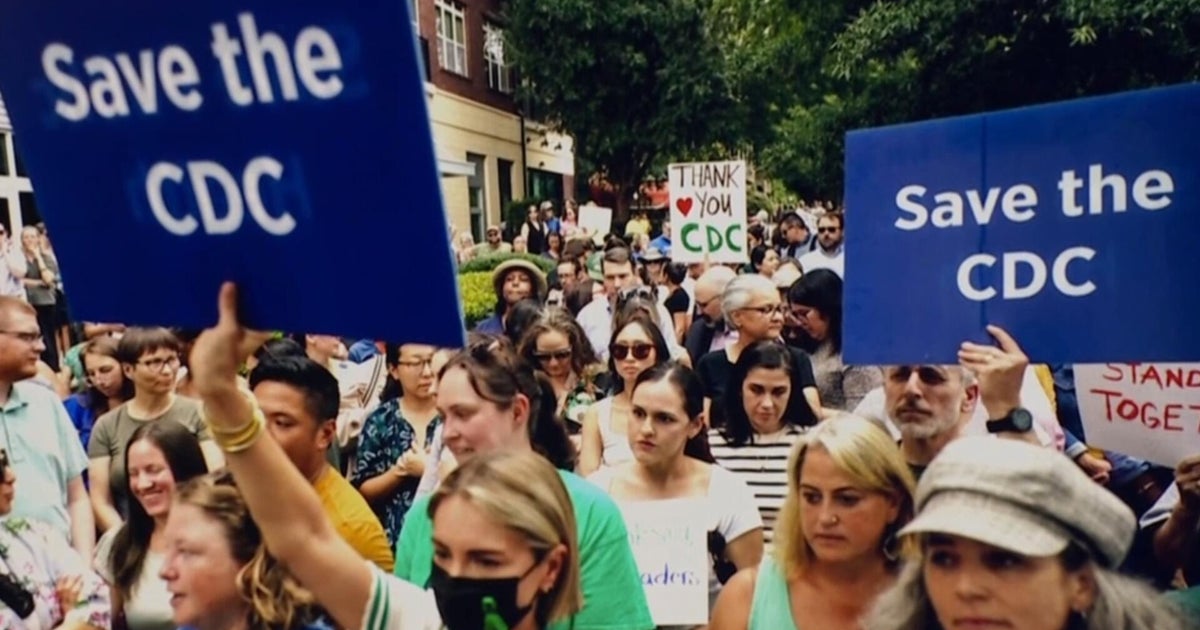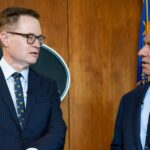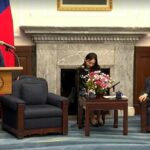In a move that has sent shockwaves through the public health community, the recent firing of Dr. Susan Monarez, the Director of the Centers for Disease Control and Prevention (CDC), has spurred a cascade of resignations at the top levels of the agency. Dr. Monarez was dismissed amid controversial circumstances, which her legal representatives argue was due to her refusal to approve or endorse what they deem to be “unscientific and reckless directives.” In the turmoil following her departure, four other senior officials have also stepped down, raising questions about the stability and future direction of the CDC.
Dr. Monarez, who had served as the CDC’s director since her appointment in 2018, was known for her staunch commitment to science-based policy. Under her leadership, the agency had navigated through numerous public health challenges, including the most recent global health crisis brought about by the COVID-19 pandemic. Her approach often emphasized transparency, adherence to scientific evidence, and proactive communication with the public. However, sources close to the situation suggest that tensions had been brewing between Dr. Monarez and certain government officials over various health directives and the handling of public health data.
The specifics of the dissonance between Dr. Monarez and these officials have not been fully disclosed, yet it is clear from her attorneys’ statements that a significant disagreement existed regarding the scientific validity of certain proposed policies. Dr. Monarez’s legal team has vigorously defended her actions and decisions, stating that her termination was based not on performance issues but on her resistant stance against what she perceived as detrimental, non-evidence-based practices being pushed by political figures.
Following Dr. Monarez’s firing, the CDC has seen the resignation of four other high-ranking officials, all of whom had key roles in managing the nation’s health and environmental safety initiatives. The names of these officials have not been released, but their departure is reported to be directly related to Monarez’s controversial exit, pointing to a deep-seated rift within the agency about its current trajectory and governance.
This significant turnover at the CDC occurs at a critical juncture when the agency is grappling with ongoing public health challenges, including managing the long-term impacts of the COVID-19 pandemic, addressing mental health issues, and responding to emerging infectious diseases. The exodus of such senior leaders not only raises concerns about the continuity and effectiveness of the CDC’s operations but also could potentially affect public trust in the institution’s governance and objectives.
In response to the turmoil, government health officials have stated plans to conduct a thorough review of current policies and leadership practices at the CDC. This review aims to ensure that the agency remains focused on its primary mission of protecting America’s health, safety, and preparedness through science and evidence. Moreover, efforts are anticipated to affirm and possibly strengthen the CDC’s commitment to making decisions and recommendations based on the best available scientific knowledge and expertise.
The acting director, yet to be permanently appointed as of Dr. Monarez’s departure, will face the arduous task of rebuilding the team and restoring confidence among the remaining staff members and the public. Moreover, the next permanent director will play a crucial role in navigating the CDC’s path forward, promoting unity within the agency, and reinforcing its reputation as a standard-bearer for public health worldwide.
Observers and public health experts have reacted to these developments with concern. Discussions center around how these administrative changes might affect ongoing research, health monitoring, disease prevention initiatives, and readiness to counteract future health emergencies. The CDC has long been regarded as a beacon of disease control and prevention, guiding national responses during health crises such as the H1N1 influenza pandemic and the Ebola outbreak.
As the situation unfolds, all eyes will remain on how the CDC transitions under new leadership and how it handles the intersection of science and policy in its future endeavors. The implications of these leadership shifts go beyond the immediate functioning of the CDC; they could also influence national and global health policy discussions, particularly around the balance between scientific guidance and political considerations in public health decision-making.
While the full impact of these changes at the CDC will unfold over time, the healthcare community, policymakers, and the public continue to debate and watch closely. The overarching hope is that the agency returns to a stable state where its decisions and policies are unequivocally informed by robust scientific inquiry and evidence, strengthening its role in safeguarding public health amidst ever-evolving challenges.









